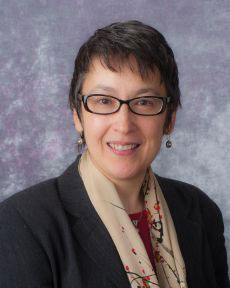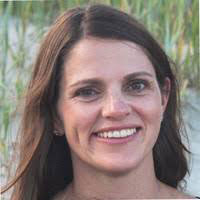For New Pittsburgh Courier
Most people would describe Pittsburgh as a city of people who are devoted to spending time with loved ones and loyal to neighbors and communities. We also know that the future of our families and communities very much depends on people so deeply important to us—our children. So, how are we supporting our children? What are we doing well, and what needs to change in order to keep them healthy and thriving? If you have ever wondered how best to serve children in Allegheny County, you will find like-minded people in the Pittsburgh Study.
The Pittsburgh Study is community-partnered research. It is focused on the best ways to support children and adolescents in Allegheny County to be healthy, thriving and meeting their academic goals. It will be the largest long-term community-partnered intervention study to follow children from birth to adulthood. The Pittsburgh Study addresses health equity by supporting, evaluating and optimizing proved programs to help children, adolescents and families. It will investigate the most pressing factors influencing the health of the county’s youth along their developmental paths.

“The Pittsburgh Study looks at the whole child, at their physical, social, emotional and psychological health and their academic performance,” says Anna K. Ettinger, PhD, MSW, MPH, senior research scientist in the Department of Pediatrics, University of Pittsburgh School of Medicine. “We’re focusing on health equity and disparities—from preterm birth and infant mortality rates to childhood reading levels to youth violence. But it isn’t only about observing and collecting data. We’re looking at what already works well and introducing interventions as needed based on feedback from community partners.”
There are two opportunities to become involved in the study—one as a partner in the research to help design, plan, evaluate and steer the study and the other as a participant in the study itself. Being a partner in the research involves serving on a scientific working group and playing a part in learning about child thriving.

What is unique about the Pittsburgh Study is that the people who want to help children are being asked to be a part of the research team—a team that includes community members. One of the study’s main principles is to develop research with people—not on people. Partnership and equity are intentionally built into the organization of the study. The leadership of each working group is required to include at least one academic researcher and one community partner. Each scientific group will be comprised of at least 50 percent community members. One of the study’s shared principles (see elsewhere on the page for a complete list of the Pittsburgh Study’s shared principles) is that everyone involved is heard, learned from and included.
“We thought that if this is going to be a Pittsburgh study, it has to be owned by the community,” says Elizabeth Miller, MD, PhD, Edmund R. McCluskey Professor of Pediatric Medical Education and professor of pediatrics, University of Pittsburgh School of Medicine, chief of the Division of Adolescent and Young Adult Medicine at UPMC Children’s Hospital of Pittsburgh and coleader of the Pittsburgh Study. “Our goal is developing science and doing discovery that matters. The only way to ensure that is to have community partners help to design the study.”
The study started by engaging community members in defining what thriving in childhood and adolescence means to them. The study is also assembling and aligning existing data from the county, schools and other sources. It will fill in gaps in knowledge, combining survey data, health assessments, environmental and community information. Analyzing the data will reveal which trajectories tend to help children thrive and which interventions bend the curves best.
“The study is definitely going to be unique because we’re all learning,” says Val Chavis, project director with the Urban League of Greater Pittsburgh’s East Hills Family Support Center and Pittsburgh Study coleader. “I’m a community partner, along with other community partners, community members, doctors, researchers and scientists at the table. We’re all humble enough to share ideas and say that not one person knows everything but that each person at the table knows something.
“I would encourage people to be involved because I truly think this is history in the making. This is something that’s going to help generations to come. Come share ideas, be creative and have ownership in this research. Research only gets better when it involves people from all backgrounds. Here’s your opportunity.”
For more information on how to become involved with the Pittsburgh Study, contact Marcela Souza at mab472@pitt.edu or 412-692-8026 or visit www.pittsburghstudy.org.
Like us at https://www.facebook.com/pages/New-Pittsburgh-Courier/143866755628836?ref=hl
Follow @NewPghCourier on Twitter https://twitter.com/NewPghCourier